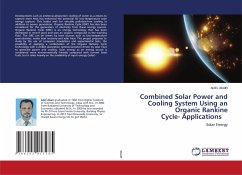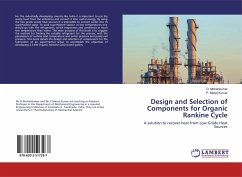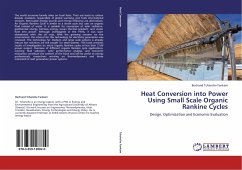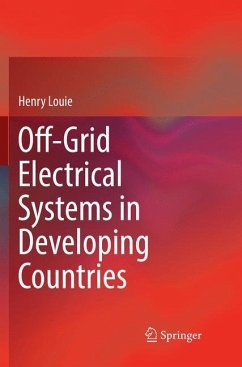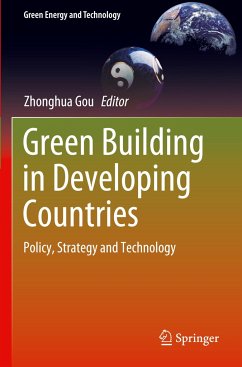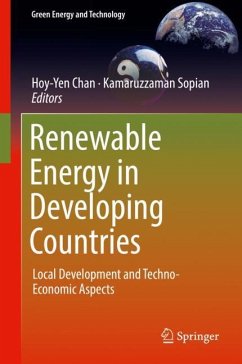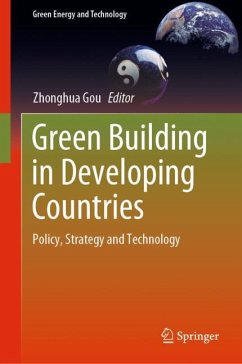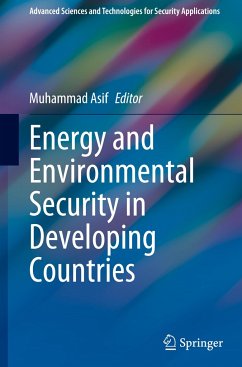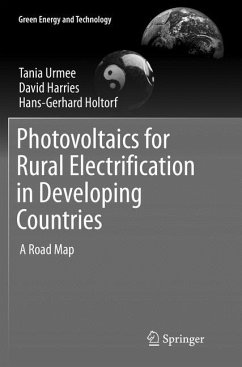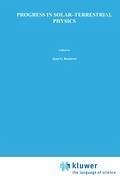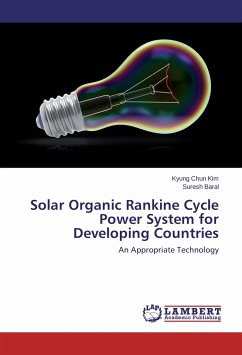
Solar Organic Rankine Cycle Power System for Developing Countries
An Appropriate Technology
Versandkostenfrei!
Versandfertig in 6-10 Tagen
14,99 €
inkl. MwSt.

PAYBACK Punkte
7 °P sammeln!
The concept of appropriate technology has been addressed for electricity production in remote areas of developing countries through the solar ORC technology. The selection of working fluids plays an important role in ORC system. R245fa and R134a are recommended for power generation. In addition, R245fa works well for the heat source temperature of the range 100-120°C whereas R134a below 100°C. Vacuum type solar collector is used for obtaining the hot water which can produce the temperature of 120°C. The commercial scroll expander that adopt magnetic coupling has been used in the experiment....
The concept of appropriate technology has been addressed for electricity production in remote areas of developing countries through the solar ORC technology. The selection of working fluids plays an important role in ORC system. R245fa and R134a are recommended for power generation. In addition, R245fa works well for the heat source temperature of the range 100-120°C whereas R134a below 100°C. Vacuum type solar collector is used for obtaining the hot water which can produce the temperature of 120°C. The commercial scroll expander that adopt magnetic coupling has been used in the experiment. The experimental investigation of the small-scale ORC showed acceptable characteristics for the temperature of the 120°C that uses R245fa working fluid. The system efficiency is 8.5 % with the power output of 1.4 kW. From the economic point of view the solar ORC system cannot recover its investment until 19 years of installation and operation currently without any subsidies. The concept in this book is helpful for solar ORC developers, manufacturers, energy planners, rural practitioners, different aid and donor agencies for adopting the sustainable energy system technology.





